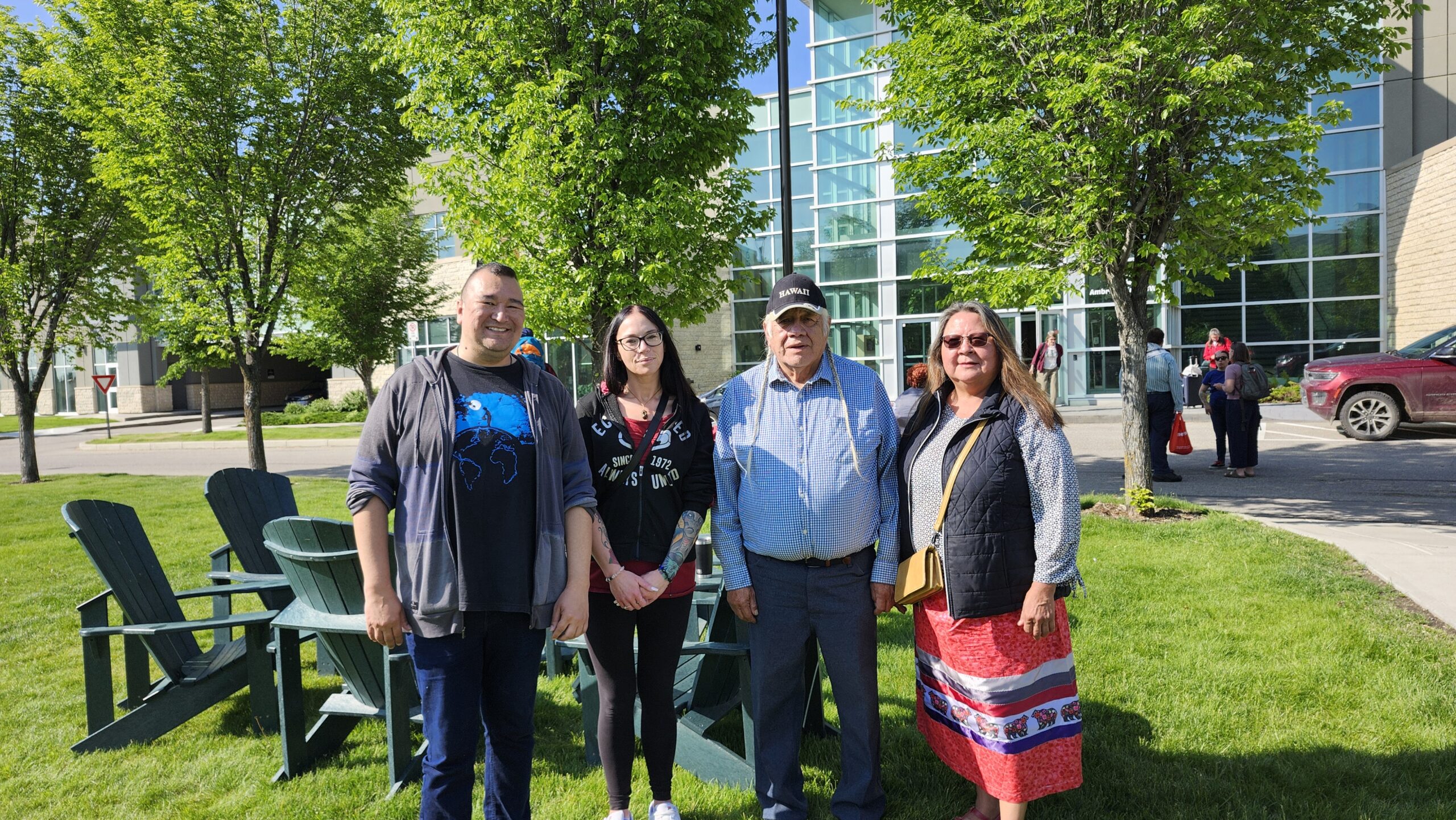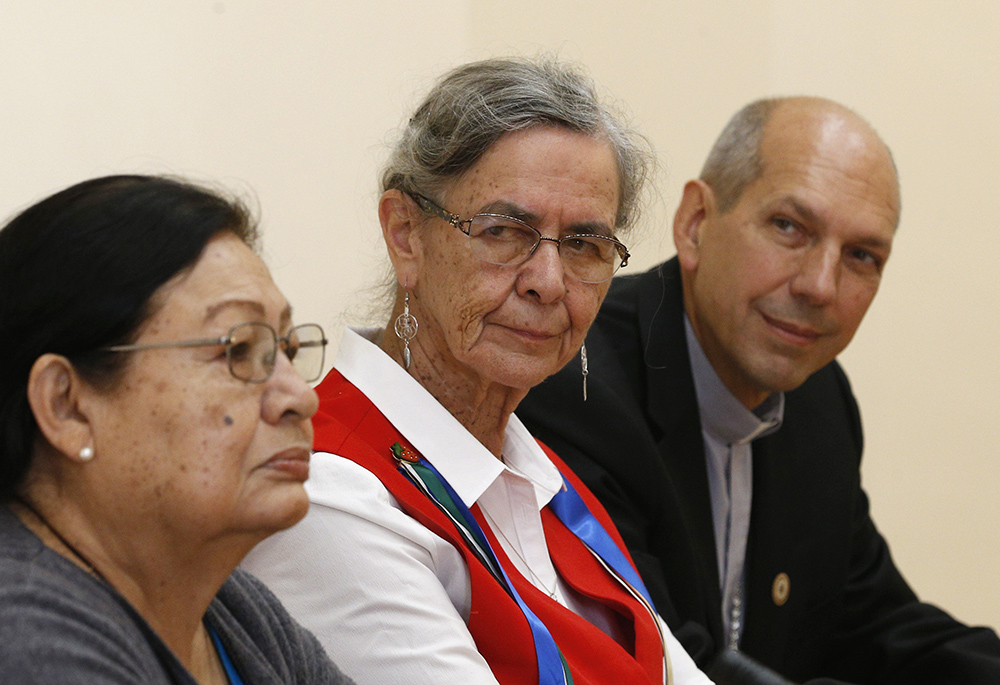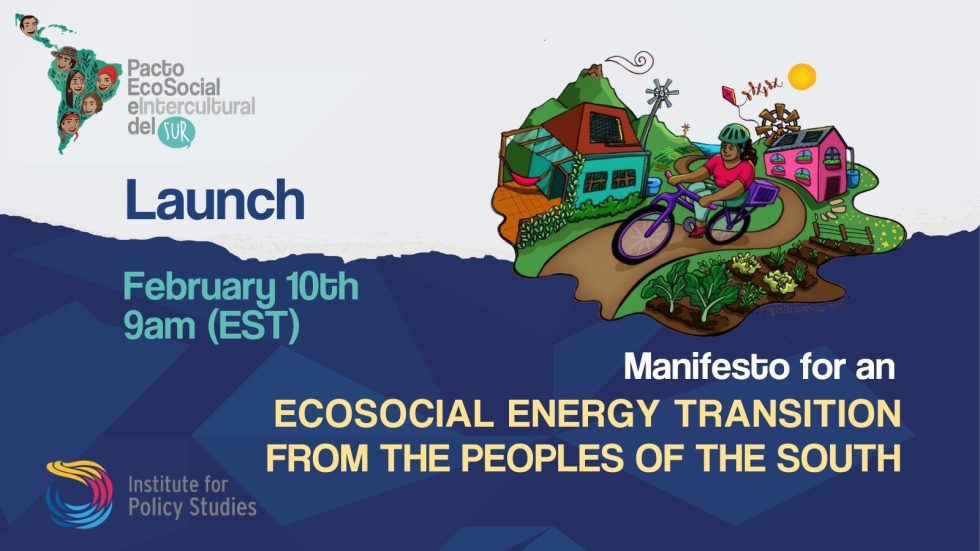As non-Indigenous peoples, we acknowledge that colonization hindered the creation of right relationships between us and Indigenous peoples, and too often severed connections between First Nation, Inuit and Métis peoples and their families, cultures, spiritualities, languages, lands, and waters.
We reaffirm our commitment to reconciliation. We invite all who share the commitment to reconciliation to join us.
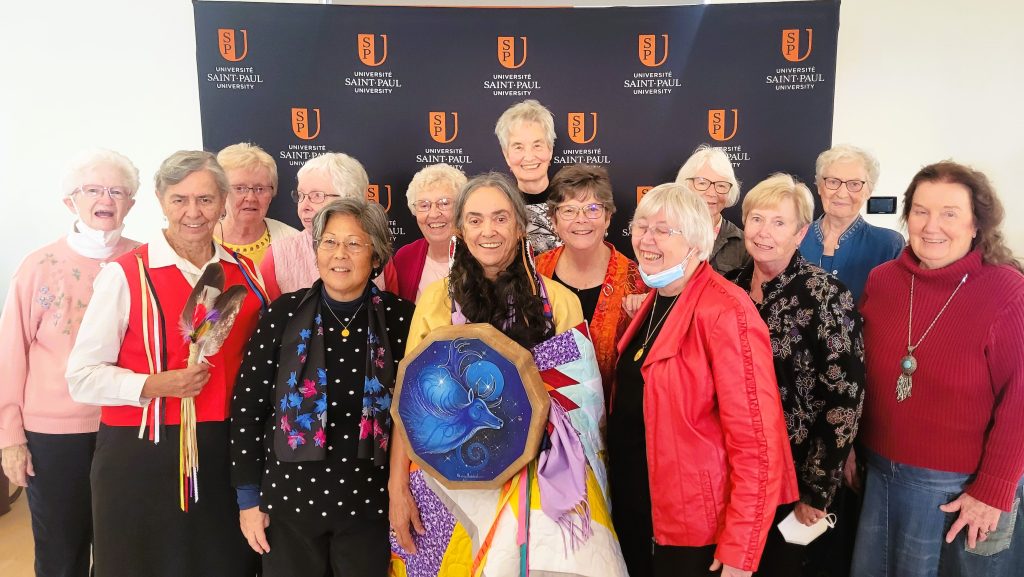
We have identified the following principles for working collaboratively to advance reconciliation in Canadian society:
We repudiate the concepts used to justify European sovereignty over Indigenous lands and peoples, such as the Doctrine of Discovery and terra nullius, and the reformation of laws, governance structures, and policies within their respective institutions that continue to rely on such concepts.
We call for the full adoption and implementation of the United Nations Declaration on the Rights of Indigenous Peoples as the framework for reconciliation.
We support the renewal or establishment of Treaty relationships based on principles of mutual recognition, mutual respect, and shared responsibility for maintaining those relationships into the future.
We will actively address the historic and contemporary calls for justice from the First Nations, Inuit and Métis peoples of this land.
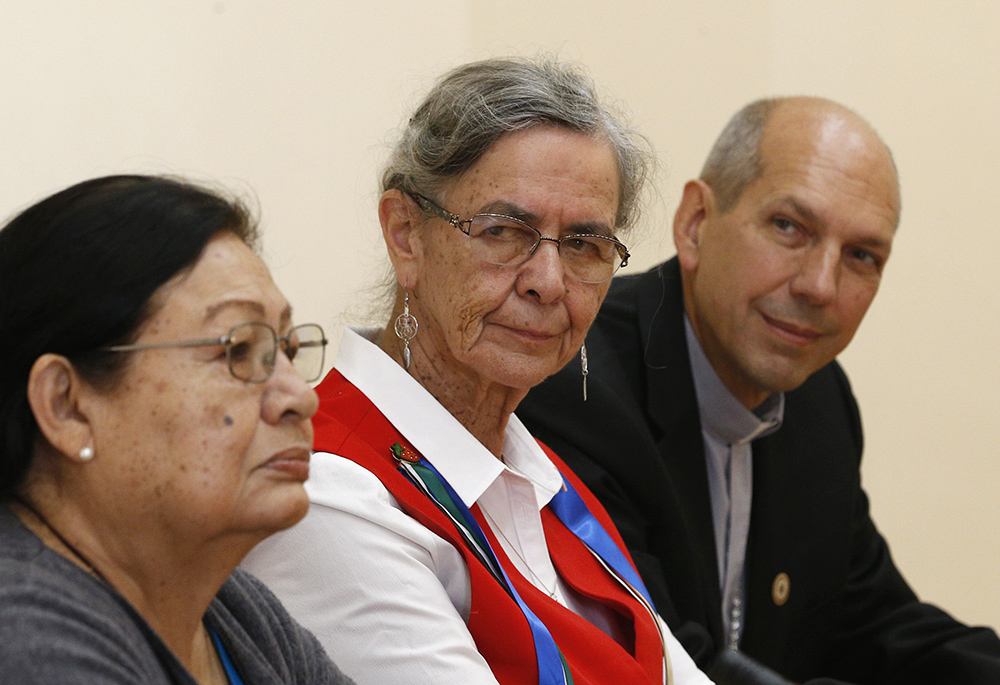
Important links:
Truth and Reconciliation Commission of Canada: Calls to Action
United Nations Declaration on the Rights of Indigenous Peoples
Missing and Murdered Indigenous Women and Girls: Calls to Justice
Faith Houses in Support of UN Declaration on the Rights of Indigenous Peoples
Missing and Disappeared Children and Unmarked Burials associated with Indian Residential Schools: Final Report and Indigenous-led Reparations Framework

